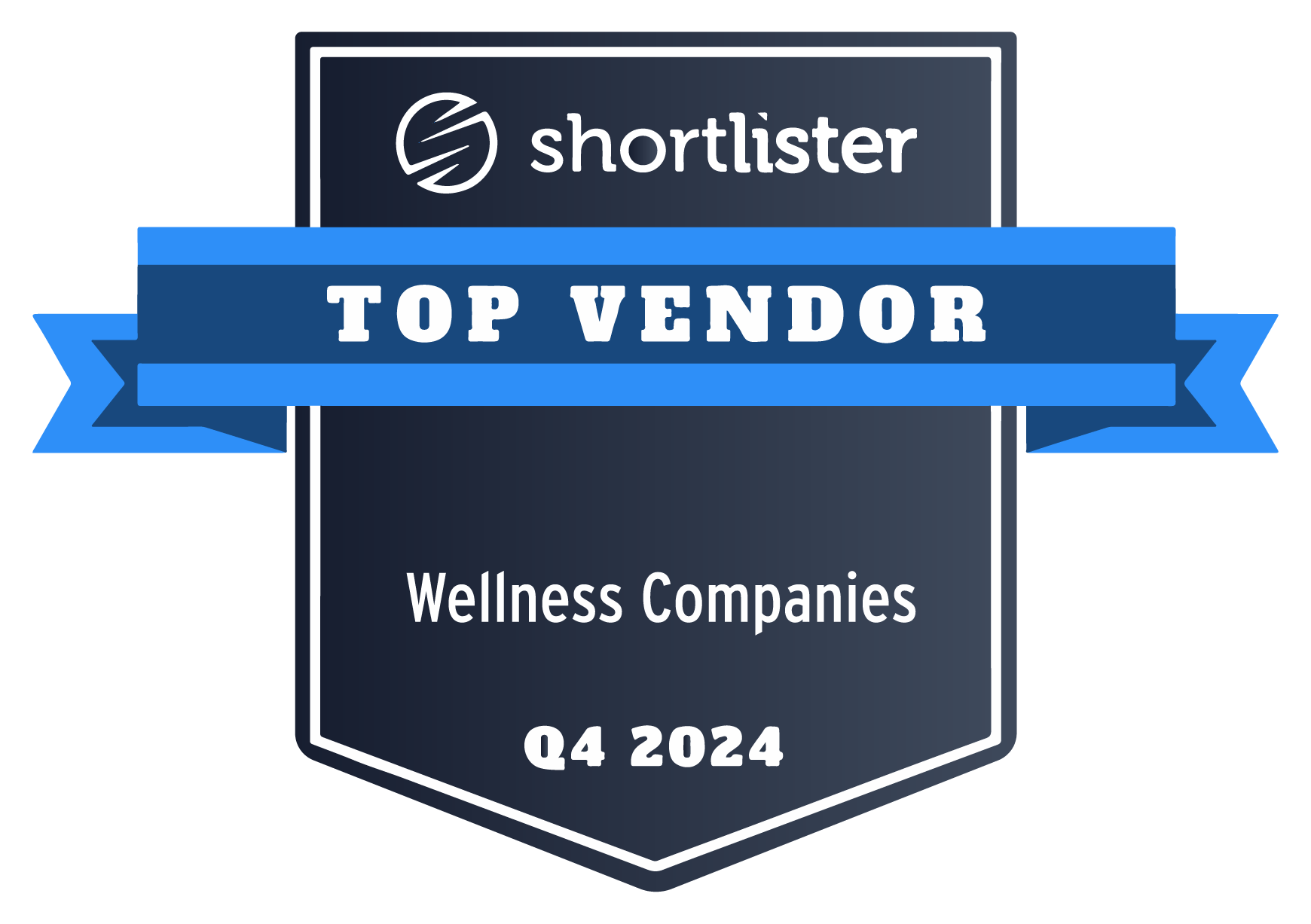A Workhuman study found that 58% of employees either do not feel valued at all, or feel only somewhat valued by their employer. Feeling under-appreciated can have significant ramifications on employee engagement, productivity and retention.
A supportive company culture that prioritizes empathy and care, and recognizes and addresses employees’ needs both in and out of the workplace is core to ensuring employees feel seen and valued. A key way to foster a culture of care is by offering holistic wellness benefits that support the needs of the whole person, including their physical, mental and financial.
Despite recent layoffs, millions of employees continue to leave their jobs in favor of more flexibility, higher pay, and better benefits. Today, the percentage of employees looking to actively leave their roles is nearly 50%, according to Gallup. Employers are feeling the impact, as HR teams report their biggest challenge is attracting or retaining talent (86%), according to BrightPlan’s 2022 Wellness Barometer Survey. The survey also found a direct link between benefits and employee performance, engagement and retention with 95% of workers saying better benefits would motivate them to work harder, be more engaged and productive.
Here are some considerations for ensuring employees feel supported and valued.
Workplace Culture
Thoughtful recognition
Focused and personalized ongoing feedback is important to show employees that their contribution is valued and that they’re having a positive impact on the business. Recognition has meaningful significance on both work performance and employees’ perception of their company. Workhuman and Gallup found that when employees receive the recognition they deserve, they’re four times more likely to be engaged, four times more likely to feel a sense of belonging, and five times more likely to see a path for career growth within their organization. These feelings of belonging and engagement ultimately drive employee productivity and retention.
Inclusivity
Employers must work to create a culture that is welcoming and inclusive for employees, from all walks of life. Inclusivity is about bringing together all employees and their diverse perspectives, experiences, and backgrounds to create an environment in which everyone feels safe enough to bring their whole selves to work. An inclusive workplace supports employee well-being through its positive effects on employee self-esteem, enhanced career progression, social connectedness, and belonging.
Sustainable workloads
The workplace factors most likely to lead employees to leave their jobs are emotionally draining work, lack of work-life balance, poor communication and feelings of under-appreciation. Employers must address these issues systemically and ensure that workloads are sustainable and that employees are doing meaningful work. Promoting autonomy, establishing boundaries, and creating norms around communication and responsiveness can go a long way toward building a mentally healthy culture.
Employee Benefits
Mental health support
Nearly two-thirds of employees say they are stressed all or most of the time at work. Since 2020, 50% of employees have left roles due to declining mental health, with Millennials (68%) and Gen Z (81%) most impacted. Additionally, Willis Towers Watson found that employers’ biggest well-being challenges are rising stress and burnout, and higher mental health-related claims. Stress not only can lead to lower workplace productivity and engagement but also adverse health effects, increased missed workdays, and higher healthcare costs. As a result, employers need to provide access to resources such as mindfulness apps, stress management programs, and employee assistance programs to support their employees.
Financial wellness programs
72% of employees are stressed about their finances due to rising inflation and market volatility – and they’re turning to their employers for help. With much of an employee’s financial life tied to their employer, nearly 9 in 10 employees expect their employers to offer financial resources, including tools for investing, financial education, and access to a financial professional. HR leaders can target this critical need by providing a comprehensive financial wellness program that helps fast-track employees’ financial literacy and guides them to financial confidence.
Family wellness
It’s clear that an employee’s personal life can have a direct impact on their work performance. Ensuring employee benefits address the needs of an employee’s family unit is key to driving company culture and overall employee well-being. Family-focused benefits can come in a variety of forms, including backup child care, fertility benefits, adoption assistance, family financial wellness support, eldercare, pet insurance, and extended parental leave.
A supportive work culture rooted in holistic and personalized employee wellness benefits can help employees feel cared for and appreciated. A focus on the employee experience creates a workplace in which employees can thrive, ultimately leading to better business outcomes.














